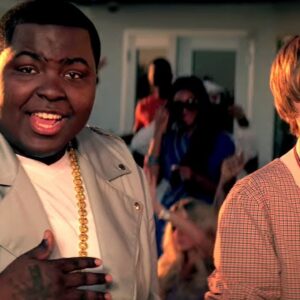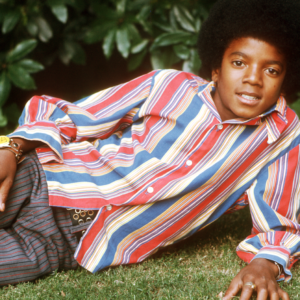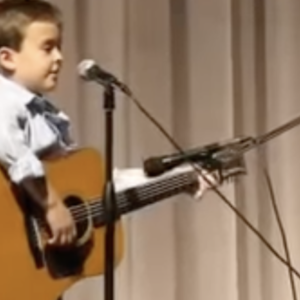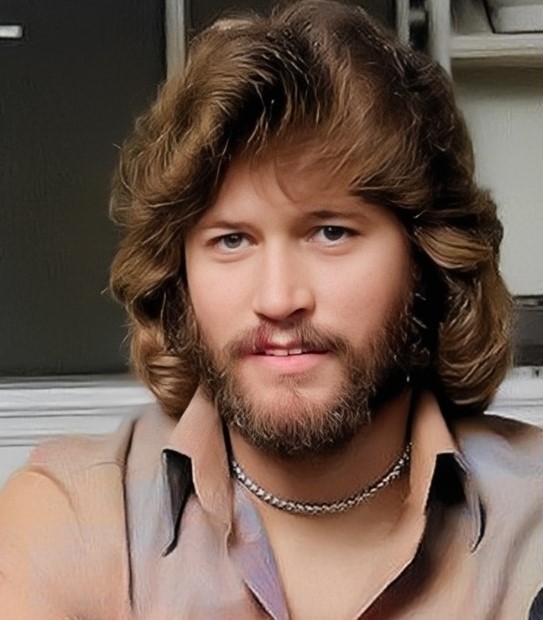
Barry Gibb’s career is a masterclass in musical evolution, spanning an extraordinary forty-five years. Known for his uncanny ability to reinvent himself, Barry has navigated the ever-changing tides of the music industry with flair. From the Bee Gees’ early days of soft rock and pop in the 1960s, to their iconic disco era in the 1970s, and through to the emotive ballads of the 1980s and the triumphant return of the 1990s, Barry’s adaptability has kept him and his band at the pinnacle of music.
Born on September 1, 1946, Barry Gibb was the second of five children in the Gibb family. Together with his twin brothers Maurice and Robin, he launched The Bee Gees, a name inspired by influential supporters of their early career. After moving to Australia, the Gibb siblings began their journey performing in local venues to support themselves. By the 1960s, Barry had established himself as the driving creative force behind the Bee Gees, crafting timeless hits that shaped their sound.
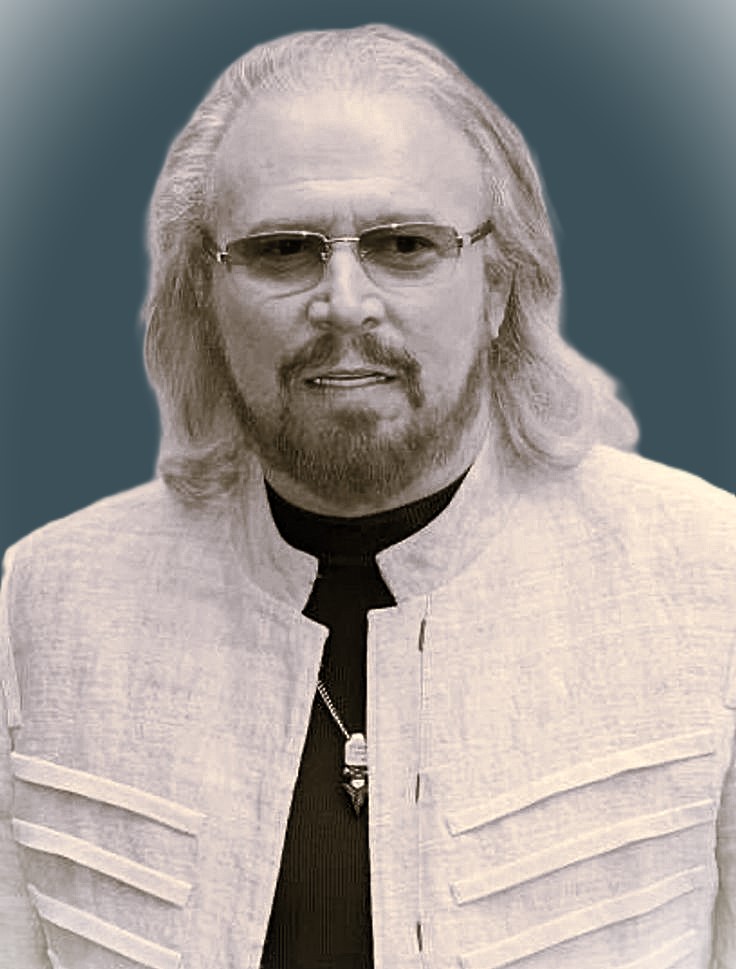
The 1970s saw Barry and his brothers revolutionize the music scene with their distinctive falsettos, making disco synonymous with the Bee Gees. Despite facing challenges in the 1980s with changing musical trends, Barry refused to fade into obscurity. He continued to shine as a songwriter for artists across genres and weathered the loss of his brother Andy in 1988 with resilience.
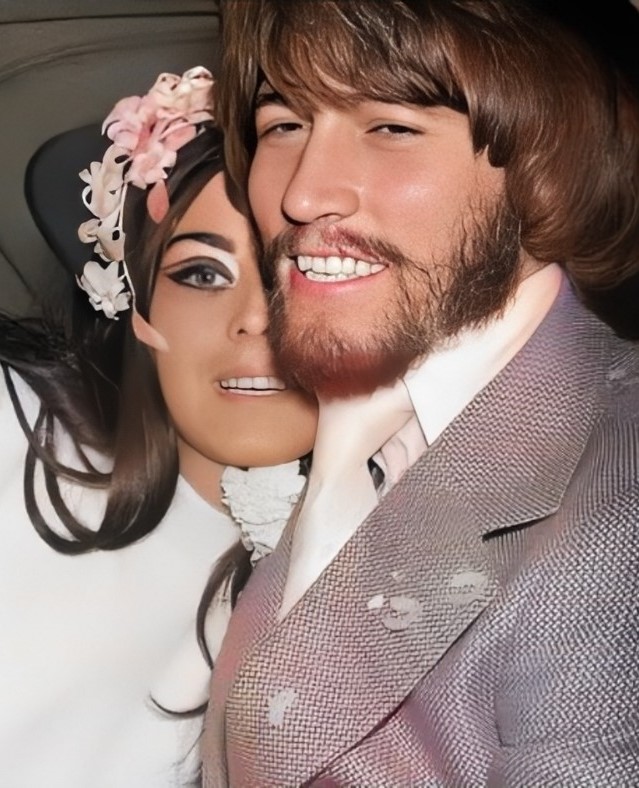
The 1990s marked a stunning comeback with the critically acclaimed “Still Waters” album and the legendary “One Night Only” concert, which became the highest-selling music DVD in Australia. Even after the passing of Maurice in 2003, Barry’s influence endures, demonstrating his ongoing impact on music and his engagement in social issues. Barry Gibb’s career is a testament to the power of reinvention and the enduring magic of his music.
